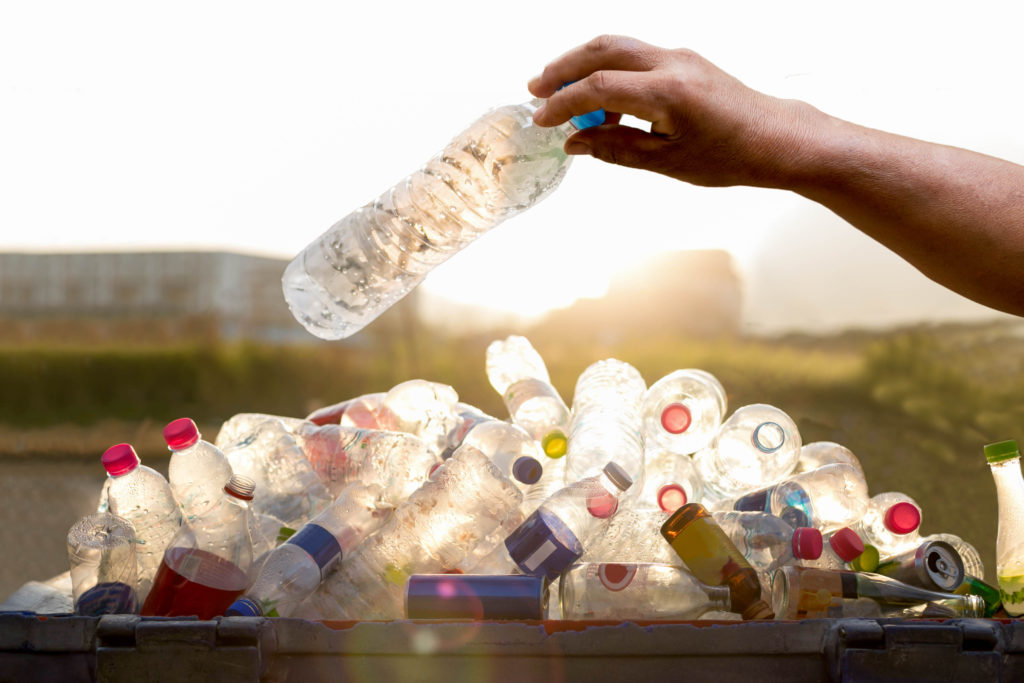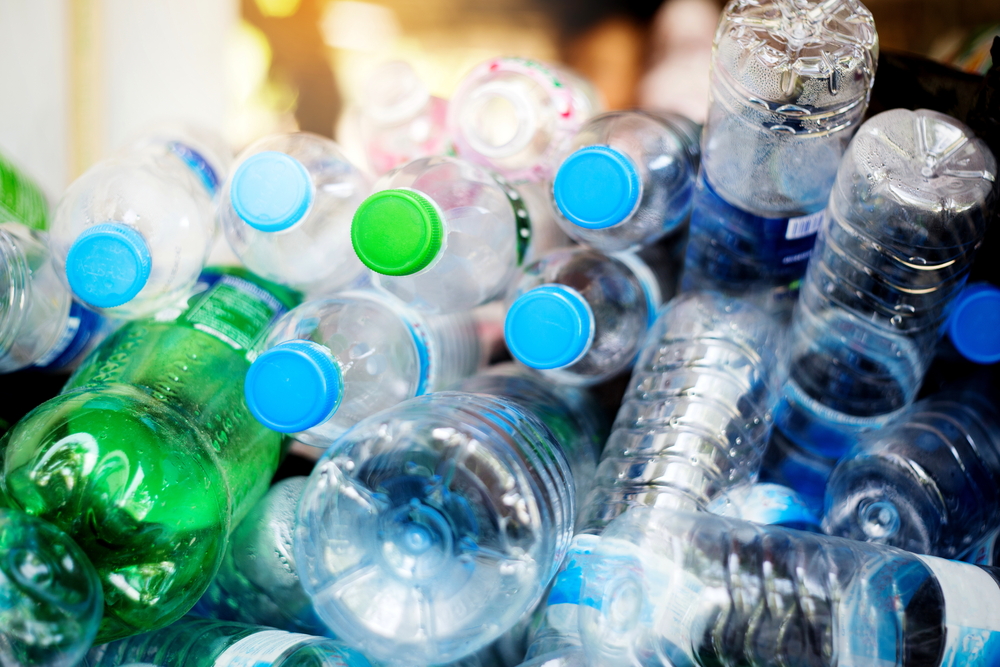The research, which has been carried out by consultants Scott Wilson, could mean that local authorities will start seeing plastics recycling as a viable alternative to landfill. Currently many local authorities consider that the cost of collecting plastics for recycling does not make it viable. It is widely accepted that recycling plastic costs between 225 and 250 a tonne compared to a landfilling cost of 50. But now Scott Wilson's research shows that the true cost of landfilling is nearer 170 a tonne and with the addition of Packaging Recovery Note (PRN) money, recycling becomes a cost-effective alternative to landfill.
Scott Wilson in partnership with Save Waste and Prosper (SWAP) has developed a strategy for WRAP which aims to improve people's understanding of collection scheme economics. The real costs are key to the strategy which aims to help WRAP increase the number of plastic bottles that are recycled in the UK. In 2001, only 14,000 tonnes or 3% of the bottles entering the UK waste stream were collected for recycling. WRAP aims to increase this to 25,000 tonnes by 2004, with collection capacity expanded to 31,500 tonnes by the end of 2004.
Scott Wilson project manager, Dr David Smith, said: “Costs associated with the collection and disposal of plastic bottles with domestic waste are commonly estimated on the basis of weight at around 50/tonne. However, this project estimates the cost on the basis of volume occupied during collection and disposal by landfill, approximately 170/tonne. This higher figure is a truer indication of the waste management costs avoided when plastic bottles are recycled.”
Research showed that the main barriers to plastic bottle recycling are a lack of collection and sorting infrastructure, adverse collection scheme economics and market instability. WRAP's strategy will include targets for increasing kerbside and bring scheme collection infrastructure.










Subscribe for free